Search
Search Results
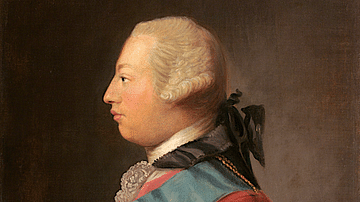
Definition
George III of Great Britain
George III of Great Britain (r. 1760-1820) was the third of the Hanoverian monarchs, and he remains the longest-reigning king in British history. His six decades on the throne saw the creation of the United Kingdom, the loss of the 13 American...
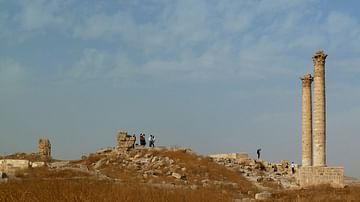
Definition
Edessa
Edessa (modern Urfa), located today in south-east Turkey but once part of upper Mesopotamia on the frontier of the Syrian desert, was an important city throughout antiquity and the Middle Ages. A city within the Seleucid Empire, then capital...
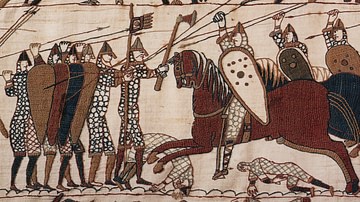
Definition
Battle of Hastings
The Battle of Hastings in south-east England on 14 October 1066 saw the defeat of the Anglo-Saxon king Harold II (r. Jan-Oct 1066) by the invading Norman army led by William, Duke of Normandy (reigned from 1035). After a day of heavy fighting...

Definition
Uthman
Uthman ibn Affan (l. 576/583-656 CE) was an early convert to Islam, a close friend and son-in-law of Prophet Muhammad (l. 570-632 CE), and the third caliph (r. 644-656 CE) of the Rashidun Caliphate (632-661 CE). His charitable acts and modesty...

Definition
Melusine
Melusine (pronounced Mel-ew-seen, also given as Melusina) is a legendary figure from European folklore depicted as a mermaid, sometimes with two tails, as a serpent from the waist down, or as a dragon. She is associated with the ruling houses...
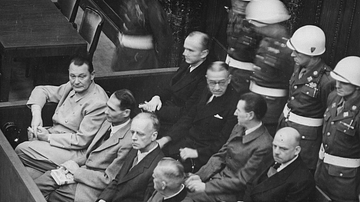
Definition
Nuremberg Trials
The Nuremberg trials (1945-6), held in Nürnberg (Nuremberg), Germany, were a series of trials involving the senior surviving Nazis to hold them accountable for waging war and committing war crimes and crimes against humanity during the Second...

Definition
Albigensian Crusade
The Albigensian Crusade (aka Cathars' Crusade, 1209-1229 CE), was the first crusade to specifically target heretic Christians - the Cathars of southern France. Not successful in repressing the heresy, the on-off campaigns over two decades...
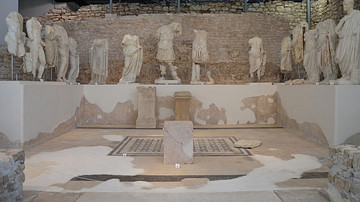
Definition
Roman Imperial Cult
The Roman imperial cult was the practice of venerating Roman emperors and their families as having divine attributes, honoring their contributions to the spread of Roman religion and culture. It was instituted by the first Roman emperor Augustus...

Definition
Hellenistic Astrology
Hellenistic astrology encompassed various forms of divination in Greece and the Mediterranean, all linked to the observation of astronomical phenomena. Hellenistic astrology was based on the belief that the stars and planets could either...
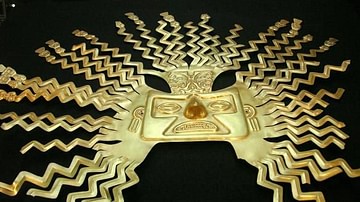
Definition
Inti
Inti was the Inca god of the sun and considered all-powerful but he was also a benevolent god and capable of great generosity. However, Inti could be angered and he would demonstrate his displeasure through solar eclipses which necessitated...